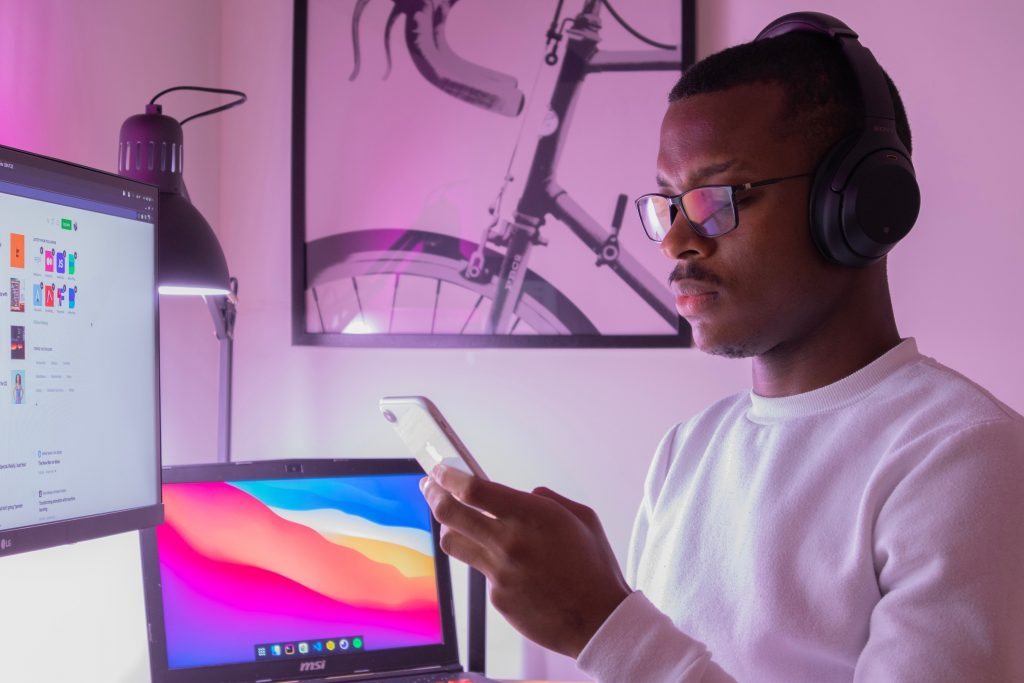6 Common Blockers That Stop You Dropping into Flow State
14 June 2023
Flow is a psychological state of optimal experience where individuals feel fully immersed, energized, and focused on an activity. While flow can be a highly rewarding and productive state, several factors can act as blockers, hindering people from accessing flow state. Here are some common flow blockers:
- Distractions: External distractions, such as noise, interruptions, or environmental factors, can disrupt concentration and prevent individuals from entering flow state. Internal distractions, like intrusive thoughts or worries, can also divert attention away from the task at hand.
- Lack of Skill or Challenge Mismatch: Flow arises when there is an optimal balance between skill level and the challenge presented by the task. If the task is too easy or too difficult in relation to one’s abilities, it can lead to boredom or anxiety instead of flow.
- Fear of Failure: The fear of making mistakes or failing can create anxiety and prevent individuals from fully engaging in the present moment. The pressure to perform flawlessly can impede the natural flow experience.
- Lack of Autonomy: Flow is more likely to occur when individuals have a sense of control and autonomy over their actions. Being forced into an activity or feeling restricted in decision-making can hinder flow state.
- Time Pressure: Excessive time pressure or strict deadlines can induce stress and prevent individuals from entering a state of flow. Feeling rushed or constantly watching the clock can disrupt the necessary focus and immersion.
- Lack of Passion or Interest: Flow is more likely to occur when individuals are engaged in activities they find intrinsically rewarding and enjoyable. If the activity lacks personal interest or doesn’t align with one’s passions, it can be challenging to access flow state.
It’s important to recognise these flow blockers and address them to create an environment and mindset that promotes flow. By minimising distractions, managing your time, and finding the right balance between challenge and skill, individuals can increase their chances of experiencing flow.



